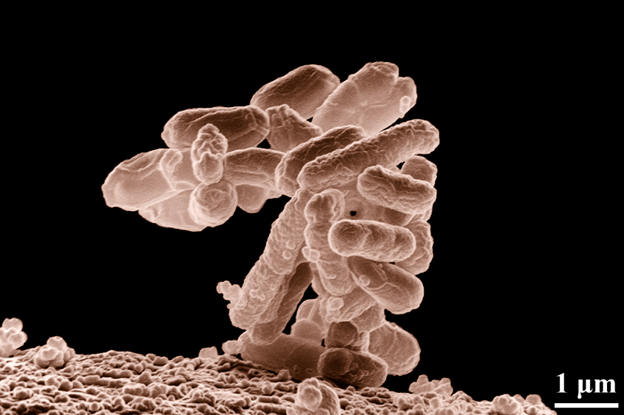
Escherichia coli, commonly known as E. coli, is a bacterium that resides naturally in the intestines of humans and animals. While many strains are harmless, certain types can cause serious foodborne illness. E. coli's reputation is primarily linked to outbreaks of gastrointestinal infections; however, this versatile organism plays a multifaceted role in human health, biotechnology, and environmental ecosystems. This blog post aims to uncover surprising and less commonly known aspects of E. coli, providing a broader understanding of its impact.
E. coli in Human Health: A Double-Edged Sword
Most E. coli strains are benign, contributing to the healthy microbial community in the human gut. They aid in digestion and vitamin K production, playing a crucial role in maintaining gut health. However, pathogenic strains, such as E. coli O157:H7, can cause severe illness, leading to symptoms like diarrhea, urinary tract infections (UTIs), and even life-threatening conditions such as hemolytic uremic syndrome (HUS).
Surprising Data and Facts
-
Global Burden: E. coli is responsible for over 80% of all urinary tract infections, affecting millions worldwide annually. The economic impact is staggering, with billions spent on treatments and hospitalizations.
-
Antibiotic Resistance: Some E. coli strains have developed resistance to multiple antibiotics, posing a significant challenge to public health. The CDC reports that each year, antibiotic-resistant E. coli causes approximately 36,000 infections in the U.S. alone.
-
Environmental Indicator: E. coli serves as a key indicator of water quality and is used worldwide to assess the safety of drinking water and recreational waters. High levels of E. coli in water signify contamination by fecal matter, alerting public health officials to potential risks.
-
Biotechnological Workhorse: E. coli is a cornerstone in biotechnology and genetic engineering. Its rapid growth and the ease of manipulating its DNA make it an ideal organism for producing insulin, human growth hormones, and other therapeutic proteins. It's also crucial in CRISPR gene editing and synthetic biology research.
-
The Gut Microbiome and Obesity: Recent studies suggest certain strains of E. coli may influence obesity. Researchers have discovered correlations between the gut microbiome's composition and metabolic diseases, indicating that E. coli's role in human health extends beyond causing infections.
Prevention and Control
Despite its ubiquity and versatility, preventing E. coli infection focuses on hygiene and food safety practices. Washing hands thoroughly, cooking meat to safe temperatures, avoiding unpasteurized dairy products, and practicing safe food handling can significantly reduce the risk of infection.
The Way Forward
Understanding E. coli's dual nature as both a pathogen and a beneficial organism is crucial for harnessing its capabilities while mitigating its risks. Ongoing research into antibiotic resistance, the gut microbiome, and biotechnological applications continues to reveal the bacterium's complexities. By advancing our knowledge and technologies, we can better exploit E. coli's beneficial properties while protecting against its dangers.
Conclusion
E. coli exemplifies the paradox of microbial life, being both a vital component of the biosphere and a significant public health threat. Its role in disease, environmental science, and biotechnology highlights the importance of studying and understanding microorganisms in all their complexity. As we continue to uncover the secrets of E. coli, we pave the way for innovations in medicine, environmental protection, and beyond, reflecting the profound impact this tiny bacterium has on our world.
